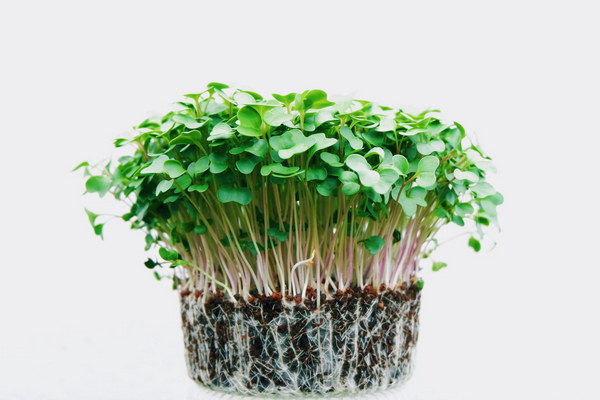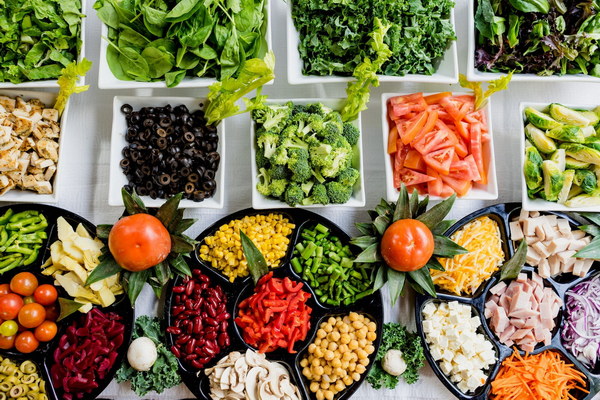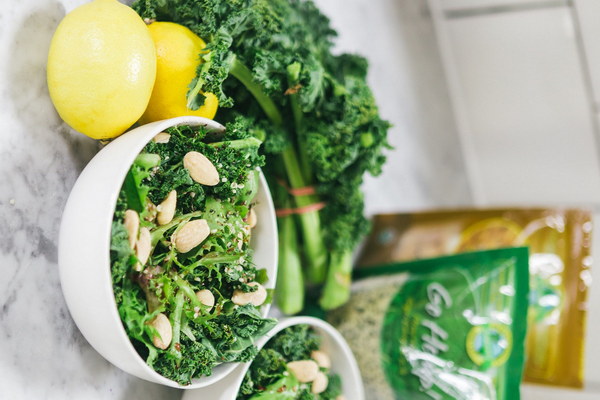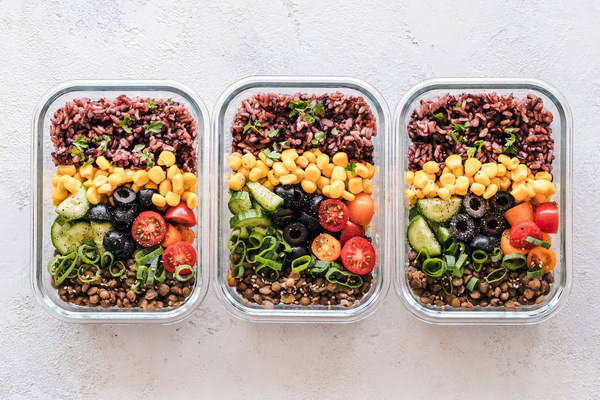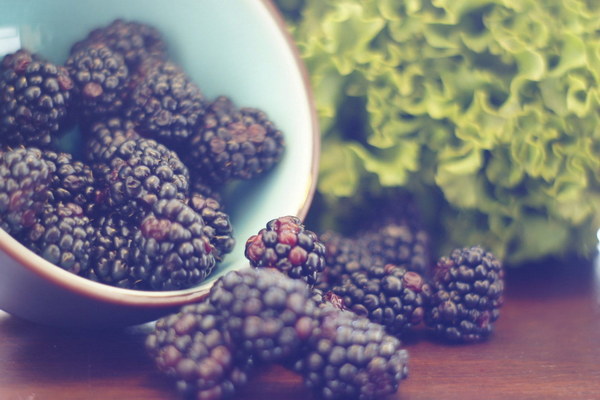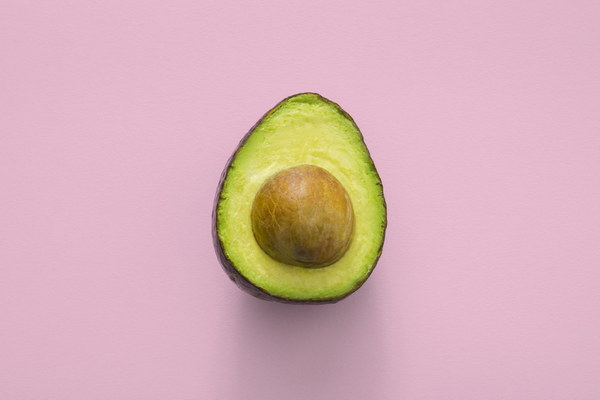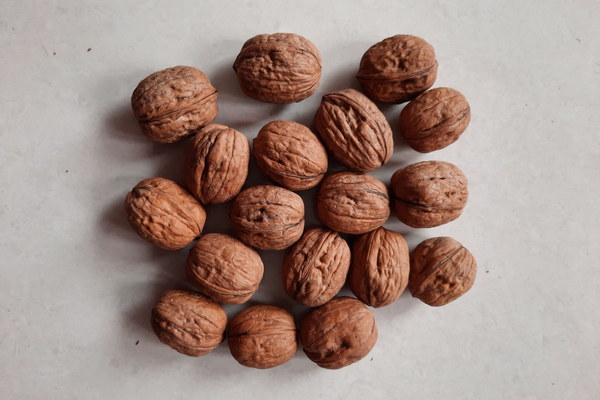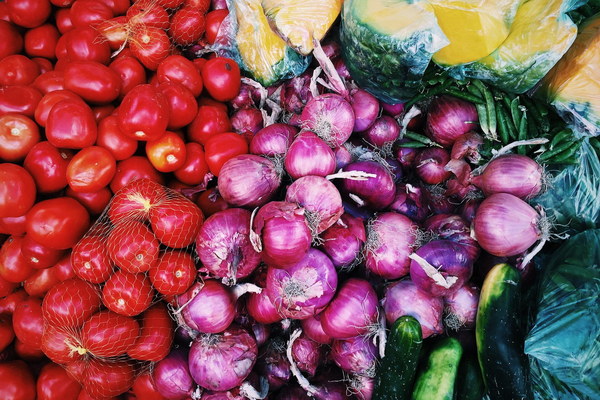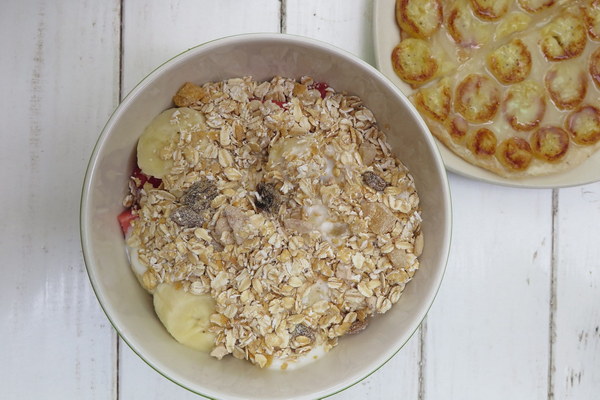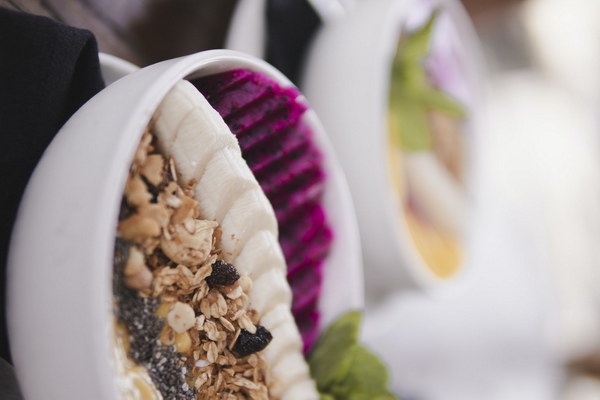Boost Your Qi and Blood Discover the Power of Eating Right
In the realm of traditional Chinese medicine, the concept of Qi (vital energy) and Blood (nutrient-rich fluid) is of paramount importance. Maintaining a healthy balance of Qi and Blood is crucial for overall well-being, as it ensures that the body functions optimally and that we are resilient to disease. One effective way to achieve this balance is by incorporating certain foods into our diet, a practice commonly referred to as chi chi hui xuè or eating to boost Qi and Blood. This article will explore the significance of this concept and provide a guide to nourishing foods that can help you maintain a robust Qi and abundant Blood.
Understanding Qi and Blood
Qi and Blood are fundamental components of Chinese medicine, believed to be the essence of life. Qi is responsible for the body's vitality and its ability to ward off illness, while Blood is associated with the body's warmth, strength, and the production of red blood cells. When these elements are balanced, one experiences optimal health and vitality. However, an imbalance in Qi or Blood can lead to various health issues, ranging from fatigue and weakness to more severe conditions like anemia or chronic diseases.
Foods That Boost Qi and Blood
The following foods are known to support the body's Qi and Blood, and can be incorporated into a balanced diet to promote overall health:
1. Red meats: Beef, lamb, and pork are rich in iron, which is essential for the production of red blood cells and the maintenance of healthy Blood. The iron found in red meats is also heme iron, which is more easily absorbed by the body compared to non-heme iron found in plant-based foods.
2. Dark leafy greens: Foods such as spinach, kale, and Swiss chard are high in iron, calcium, and vitamins A and C, which are all important for the production and maintenance of healthy Blood.
3. Nuts and seeds: Almonds, walnuts, chia seeds, and flaxseeds are rich in omega-3 fatty acids, magnesium, and vitamin E, which contribute to the proper function of the cardiovascular system and the production of red blood cells.
4. Legumes: Beans, lentils, and chickpeas are excellent sources of iron, fiber, and protein, which can help improve digestion and boost the production of healthy Blood.
5. Fruits: Berries, oranges, and kiwis are high in vitamin C, which aids in the absorption of iron from food and supports the production of red blood cells.
6. Seafood: Fish, shellfish, and other seafood are rich in vitamin B12, which is crucial for the formation of red blood cells and the maintenance of a healthy nervous system.
7. Root vegetables: Carrots, sweet potatoes, and beets are not only high in vitamin A and iron but also provide a natural source of energy that can help boost Qi.
8. Herbs and spices: Ginger, turmeric, and cinnamon are known for their warming properties and can help increase circulation, thereby supporting both Qi and Blood.
Incorporating These Foods into Your Diet
To effectively incorporate these foods into your diet, consider the following tips:
1. Aim for a diverse and balanced diet that includes a variety of nutrient-rich foods.
2. Prepare meals that are rich in color, as they often indicate a high content of vitamins and minerals.
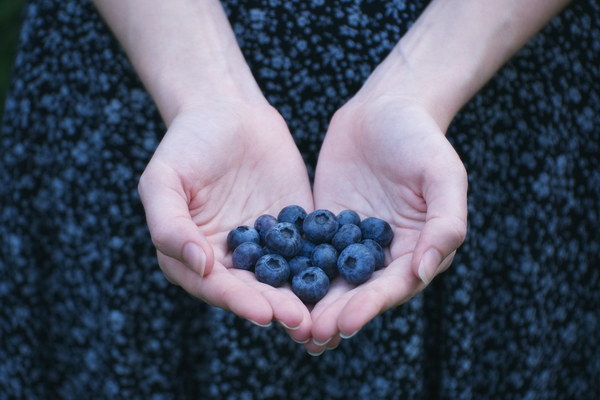
3. Include a source of iron and vitamin C in each meal to enhance iron absorption.
4. Practice mindful eating, savoring each bite and being grateful for the nourishment you are providing your body.
5. Consult with a healthcare professional or a nutritionist if you have specific dietary needs or concerns.
By focusing on these nourishing foods and incorporating them into your diet, you can support your body's Qi and Blood, promoting overall health and well-being. Remember, the key is balance and variety, as a diverse diet will ensure that you receive a wide range of essential nutrients to maintain a healthy Qi and Blood balance.
